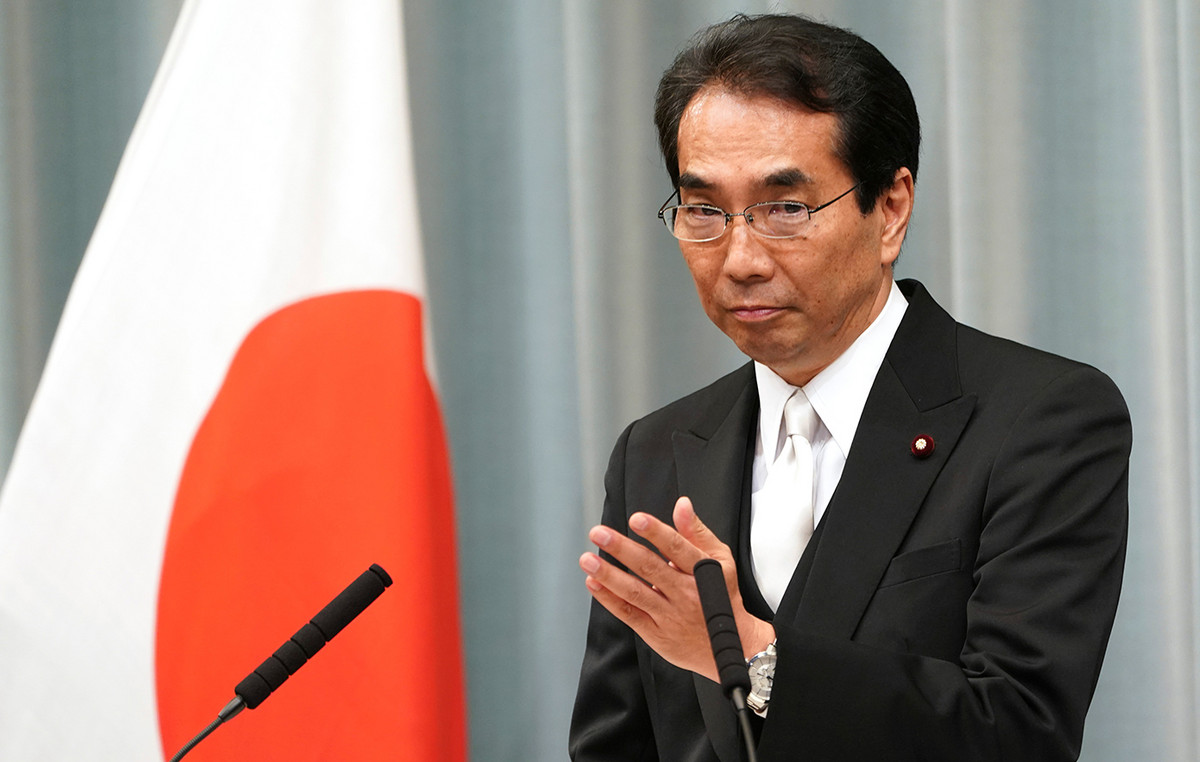Cement industry sales fell by 2.9% in April compared to the same month last year. According to the National Cement Industry Union (SNIC), 5.2 million tons were sold in nominal terms last month.
The entity assesses that the geopolitical instability environment, added to household indebtedness, high interest rates and the highest inflation in 27 years continue to impact the sector.
On the external front, global industrial production fell in April for the first time since June 2020, mainly influenced by the war between Russia and Ukraine and the lockdown Chinese.
Given this scenario, several cement industry inputs registered readjustments, such as refractories, gypsum, sacks, sea and road freight and petroleum coke, which increase production costs.
These factors, according to the SNIC, caused a 2.6% retraction in cement sales in the four-month period compared to the same period in 2021, totaling 20 million tons sold.
The volume of cement sales per business day increased by 3.8%, compared to March, influenced by the April holidays. Year-to-date, the performance is down 2.7%.
Despite the economic situation, the consumer confidence index advanced in April and reached the highest level since August 2021 due to the cooling of the pandemic, the release of the FGTS, anticipation of the 13th salary of INSS retirees and pensioners and improved access to credit. by Caixa, mainly.
In the entity’s analysis, there was a decrease in pessimism regarding the job market, even though the stabilization of the unemployment level is at 11%, according to IBGE. The expansion of the IPI reduction by 35% also signals optimism, as it means lower prices for the population and an increase in purchasing power.
The construction confidence index advanced last month to the highest level since January 2014. The expectations of construction entrepreneurs have improved, but since September it has been oscillating between highs and lows, given the difficulties in the development of the Casa Verde Amarela program and the evolution in the real estate market with greater purchasing power.
The volume of units sold, mainly due to the increase in interest rates, recorded a decline, and the stock of properties increased, which signals a reduction in new developments for the future.
In the opinion of the president of the SNIC, Paulo Camillo Penna, the results indicate a horizon that is still uncertain, given a scenario of geopolitical instability, rising inflation and interest rates, as well as the costs of production inputs.
“In this sense, the cement industry has been working hard on projects to replace fossil fuels with renewable sources, already reaching a 28% energy conversion rate”, he says.
Source: CNN Brasil
I am Sophia william, author of World Stock Market. I have a degree in journalism from the University of Missouri and I have worked as a reporter for several news websites. I have a passion for writing and informing people about the latest news and events happening in the world. I strive to be accurate and unbiased in my reporting, and I hope to provide readers with valuable information that they can use to make informed decisions.







